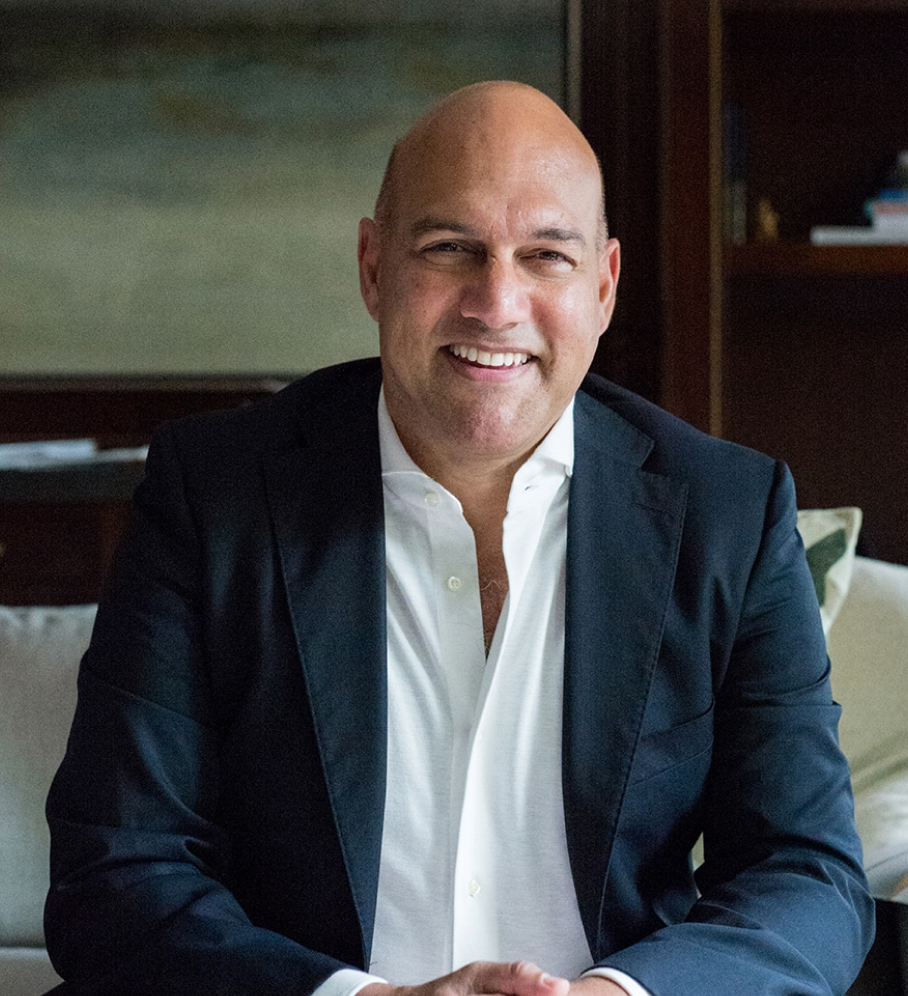Beyond Fast
In contrast to lumbering, linear institutions, Exponential Organizations are fast. And they get faster all the time.
It’s hard to overstate just how quickly an ExO can move. After all, we already live in a very fast-moving economy. Thanks to streamlined supply chains, shortened approval cycles, and improved distribution channels, even modern linear corporations boast about how quickly they can bring products and services to market compared to the slower-moving companies of the past. The timeframe from a new startup to global impact has shrunk dramatically. It used to take about 20 years to get to a billion-dollar market cap or “unicorn” status. Today, the average time to unicorn status is just over seven years.(1) Clubhouse and iCarbonX took about six months to get there; NuCom group reached unicorn status in 52 days, and Avant did it in 46. We saw the explosive launch of ChatGPT, which reached a hundred million users in under two months.
In April 2023, Jeremiah Owyang, Ben Parr, and Chris Saad tweeted a prediction: “The next billion-dollar startup will only have three employees.” The culture of that startup would be “AI first,” and it would use autonomous AI agents to get work done. All marketing and sales would be automated via AI bots, and the three employees would be:
-
The CEO, who would handle vision and purpose and lead public-facing marketing. She would also code and be involved in engineering.
-
The Product Lead, who would interface with customers and team to manage the product roadmap and drive development
-
The Operations Lead, who would be responsible for the outcome of the AI bots and handle finance and legal and smooth operations.
We believe that thousands, or perhaps tens of thousands, of startups are being built right now using a similar formula. Most will fail, but the cost of trying is almost zero. If only a small percentage of these succeed, they will drive the entire future of the economy.
For an existing, traditional, linear company, this mindset is very nearly impossible. As we’ve seen, most struggle just to get a product to market in that timeframe. Companies like P&G or Unilever typically take close to one year to launch a new product. Their decision-making and approval cycles are just too slow. So are their manufacturing lines, their supply and distribution channels, and their ability to hire additional employees.
By comparison, ExOs—and all of these unicorns are ExOs—either eschew these slow-moving processes, contract them out, or crowdsource them. That’s why they can move so quickly. And that’s why they can remain small and still achieve historically unprecedented rates of productivity per employee.
Exponential Organizations are founded by innovative owners who value speed and early adoption of innovation. Think Tesla/SpaceX and Elon Musk, Amazon and Jeff Bezos, Apple and Steve Jobs. In these companies, the visionary tech founder has the ability to dictate speed and direction. From inception, these company cultures are oriented toward rapid Experimentation and data-driven decision-making rather than the comfort of humans living in the status quo.
In the very traditional CPG (consumer packaged goods) industry, Unilever or P&G take about 300 days to go from an initial product idea to a Walmart shelf. Quirky, one of the original batch of ExOs, achieved the same task in just 29 days.
Join Our ExO Community - Unlock Exponential Growth!
Traditional growth models risk obsolescence. Learn how to become an Exponential Organization (ExO) and drive innovation with disruptive technologies. Sign up now!
Organizations implementing the formula have delivered over
- ⭐ 6.8x high profitability
- ⭐ 40x higher shareholder returns
- ⭐ 11.7x better asset turnover
- ⭐ 2.6x better revenue growth






